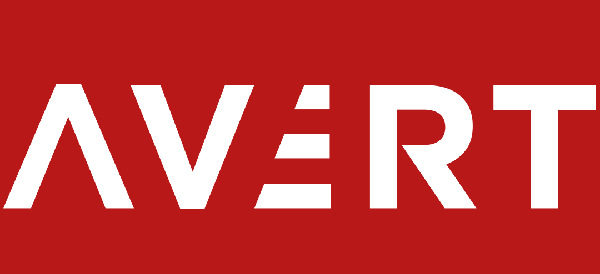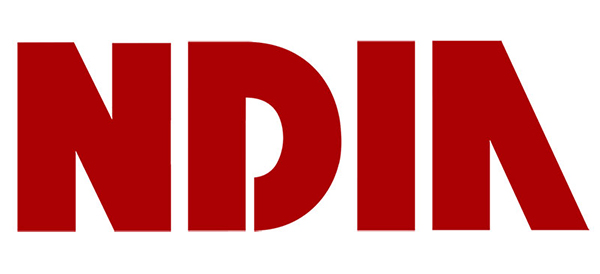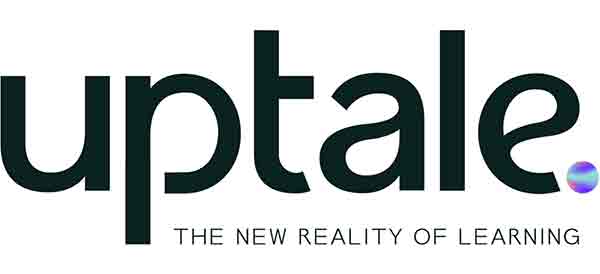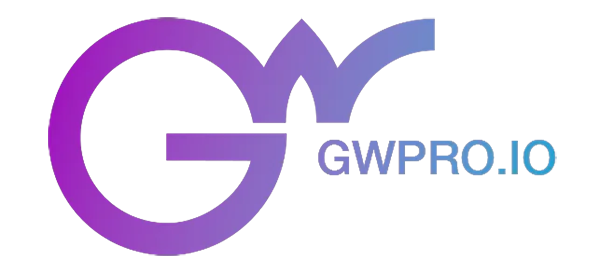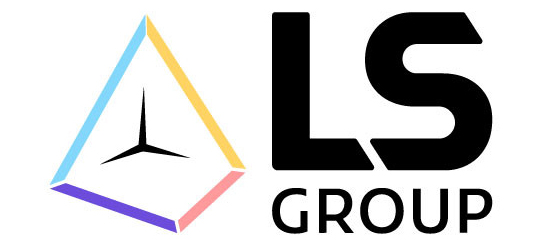The terms "Proof of Concept" (PoC) and "Minimum Viable Product" (MVP) are frequently used in the product development and startup sectors. Both are critical stages in the product life cycle, yet they serve distinct purposes and are utilized at different phases of the development process. Understanding the differences between a PoC and an MVP is essential for any entrepreneur or business aiming to launch a new product or service. So, how does a proof of concept differ from MVP development?
Proof of Concept (PoC)
A Proof of Concept is essentially a demonstration aiming to verify that a particular idea or concept has the potential for real-world application. It's a method to determine the feasibility of the idea, ensuring that it can be developed and will function as intended. The primary goal of a PoC is to prove the idea's viability and to identify potential technical and logistical challenges that might arise during actual development.
- Technical validation. The PoC primarily focuses on the technical aspects of the product. It answers questions like: Can this idea be technically realized? Are there any insurmountable technical challenges? What are the potential solutions to these challenges?
- Limited audience. Typically, a PoC is not released to the public or a broad audience. Instead, it's often shared with internal teams, stakeholders, or a select group of individuals who can provide insights into its technical and functional viability.
- Not necessarily complete. A PoC doesn't need to be a complete product. It might lack several features, have a rudimentary design, and might not be optimized for performance. Its primary purpose is to validate the core concept.
Minimum Viable Product (MVP)
On the other hand, an MVP is a more advanced stage of the product development process. While it still isn't the final product, an MVP is a version that includes enough features to be released to the public. The goal of an MVP is to test the product's viability in the market, gather feedback, and make improvements based on real-world usage.
- Market validation. Unlike the PoC, which focuses on technical feasibility, the MVP is all about market validation. It seeks to answer questions like: Is there a demand for this product? How are users interacting with it? What features do they appreciate, and what needs improvement?
- Broader audience. An MVP is released to a larger audience, often the target market. This allows businesses to gather feedback from actual users, providing invaluable insights into the product's strengths and areas of improvement.
- Functional and usable. While an MVP might not have all the features of the final product, it is functional and usable. Users should be able to derive value from it, and it should provide a glimpse into what the final product will look like.
Distinguishing the Two
Given the definitions and characteristics of both PoC and MVP, it's evident that they serve different purposes in the product development journey:
- Purpose. A PoC is about proving a concept's feasibility, while an MVP is about testing a product's viability in the market.
- Audience. PoCs are for a limited, often internal audience, while MVPs are for the target market or a broader audience.
- Development stage. A PoC comes earlier in the development process, helping to decide whether to proceed with the idea. An MVP comes later after deciding to move forward with the concept and after some development has already taken place.
To sum up, while both PoC and MVP are integral to the product development process, they are distinct in their objectives and applications. A PoC helps in the decision-making process, determining whether an idea is worth pursuing. In contrast, an MVP takes that idea, develops it further, and tests it in the real world.
Recognizing the differences between the two can help businesses make informed decisions, allocate resources effectively, and increase the chances of product success. If you are at the crossroads of product development, understanding these distinctions is crucial. Reach out to us if you have any business ideas you need help with!










